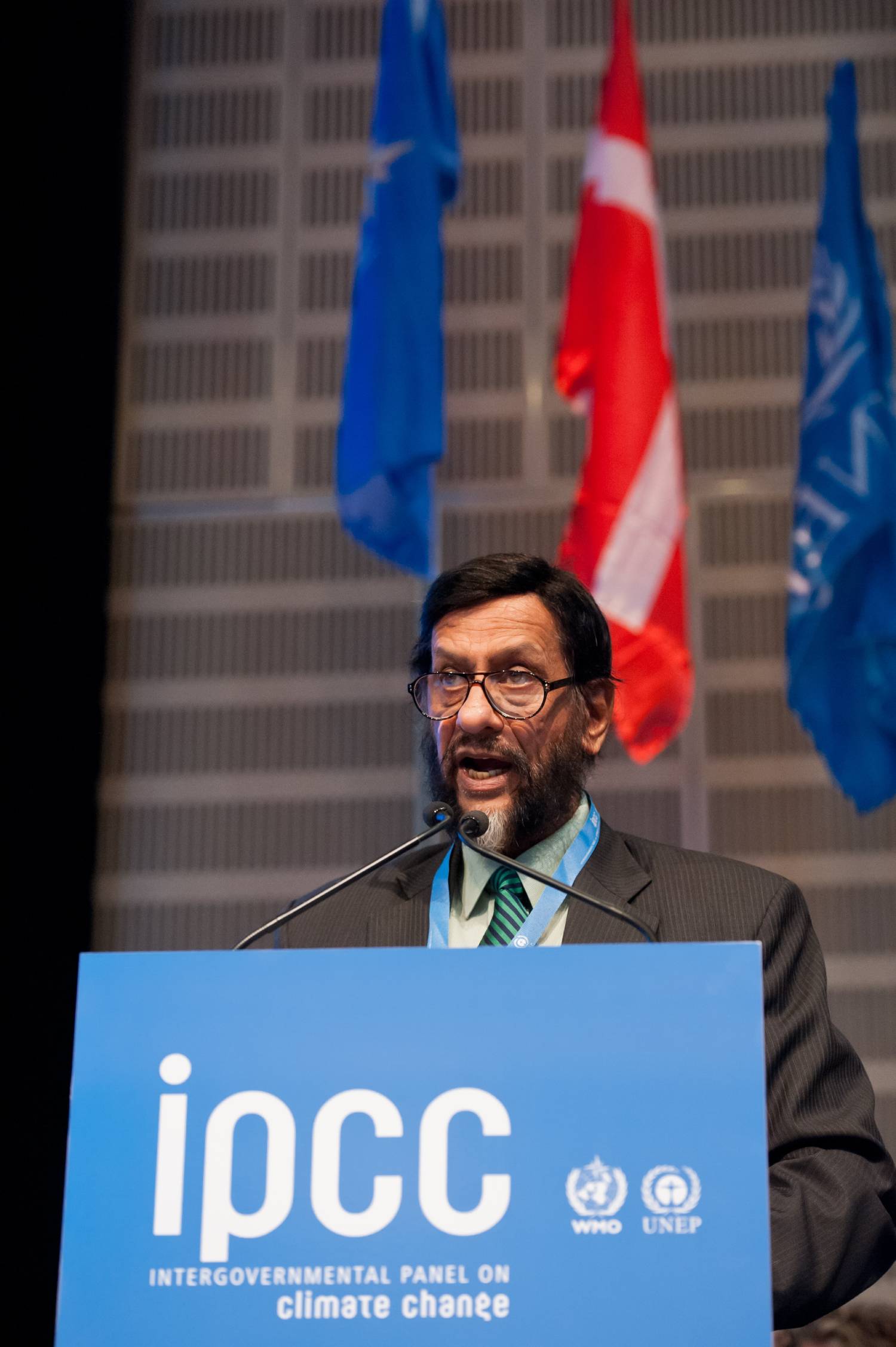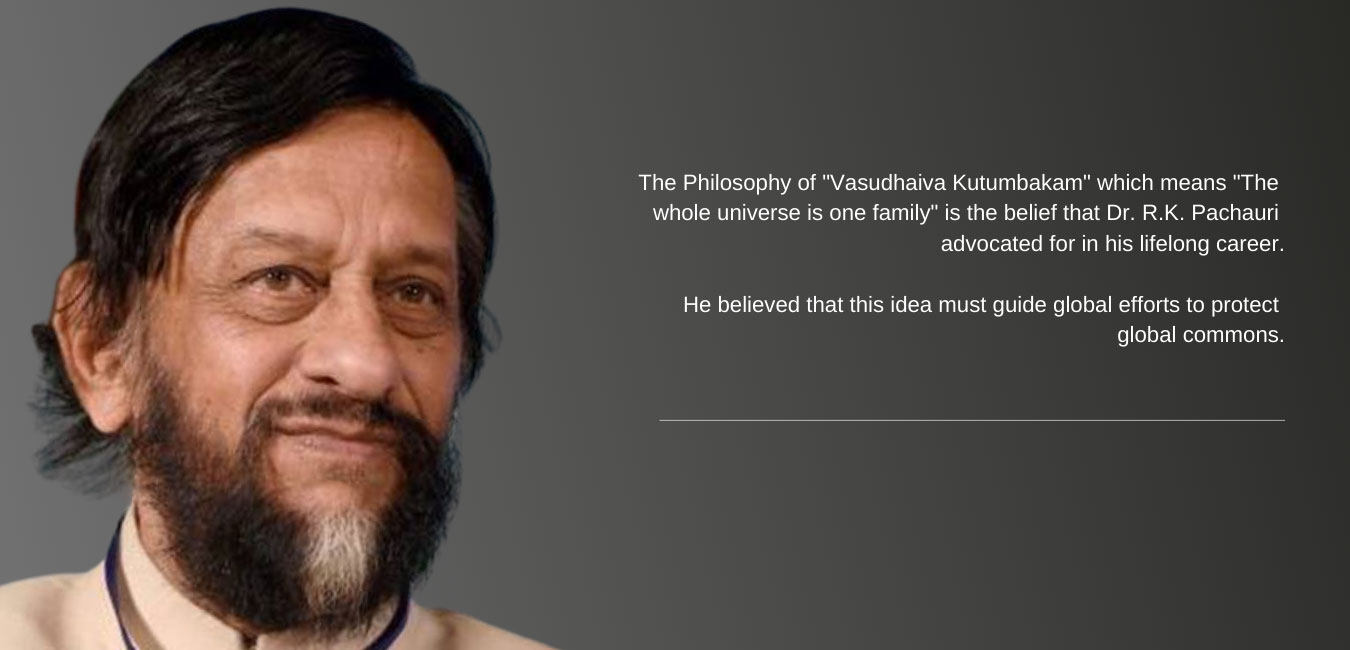
Early life and Career
Dr. Rajendra Kumar Pachauri was born on 20 August 1940 in the Nainital district of Uttarakhand, India. He received his education at La Martiniere College in Lucknow, Uttar Pradesh and at the Indian Railways Institute of Mechanical and Electrical Engineering in Jamalpur, Bihar.
He belongs to the 1958 Batch of Special Class Railway Apprentices, a prestigious program which heralded the beginning of mechanical engineering education in India. He began his career with the Indian Railways at the Diesel Locomotive Works in Varanasi. He joined North Carolina State University in Raleigh, United States, where he obtained an MS in Industrial Engineering in 1972, and a PhD with co-majors in Industrial Engineering and Economics in 1974. His doctoral thesis was on energy demand forecasting.
He served as Assistant Professor (August 1974 – May 1975) and Visiting Faculty Member (Summer 1976 and 1977) in the Department of Economics and Business at North Carolina State University. He was a Visiting Professor of Resource Economics (August 1981 – August 1982) at the College of Mineral and Energy Resources, West Virginia University, and served as a Visiting Research Fellow (June – September 1990) at The World Bank, Washington, DC. On his return to India, he joined the Administrative Staff College of India, Hyderabad, as Member Senior Faculty (June 1975 – June 1979) and went on to become Director, Consulting and Applied Research Division (July 1979 – March 1981).
Dr. Pachauri assumed his responsibilities as the Chief Executive of The Energy and Resources Institute (TERI) in 1981. He led the institute for more than three decades and demitted office as Executive Vice Chairman of TERI in March 2016. His efforts and dedication ensured that TERI grew from a small documentation center to a multi-dimensional research institute with an impeccable reputation over the world. Under his leadership, TERI undertook pioneering work in the field of climate change and sustainable development, with over 1200 employees.
Between April 2002 and February 2015, Dr. Pachauri served as the Chairman of the Intergovernmental Panel on Climate Change (IPCC), established by the World Meteorological Organization and the United Nations Environment Program in 1988. In 2007, he received the Nobel Peace Prize on behalf of the IPCC, along with former U.S. Vice President Al Gore. The Nobel Prize recognized IPCC for its “efforts to build up and disseminate greater knowledge about man-made climate change, and to lay the foundations for the measures that are needed to counteract such change.” At the Nobel Peace Prize Awards ceremony in Oslo, Norway, Dr. Pachauri referenced his belief to the Hindu philosophy of 'Vasudhaiva Kutumbakam', which means 'the whole universe is one family' in the context of international efforts to protect the global commons.
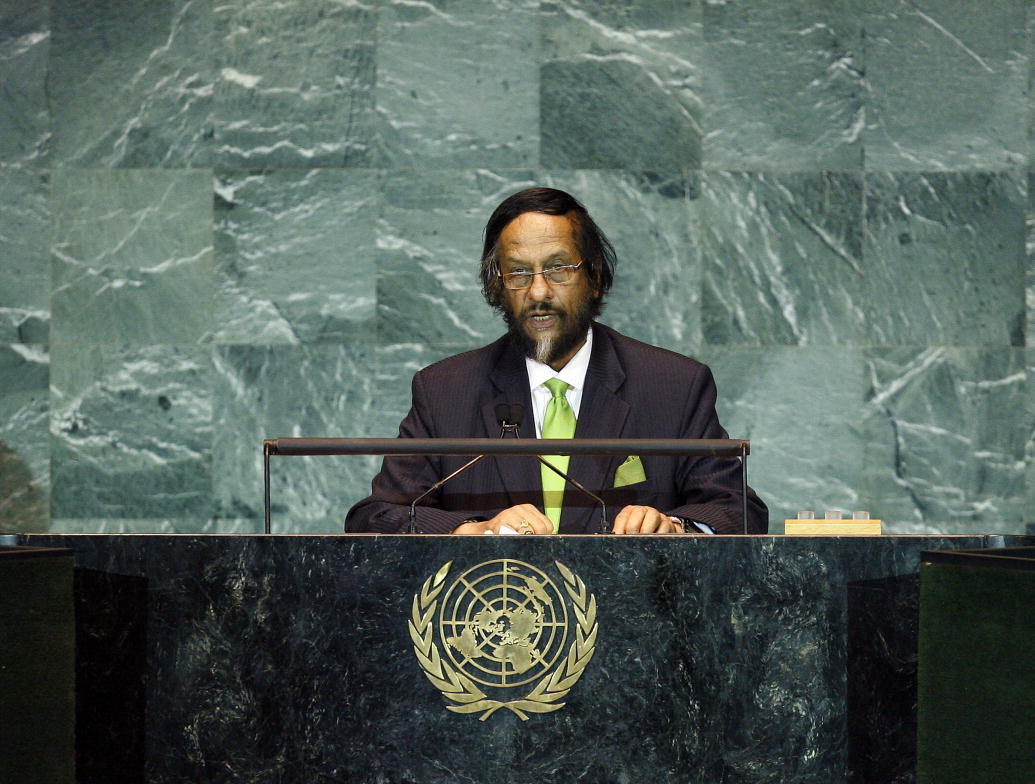
Credit: United Nations
2017 World Sustainable Development Forum
2016 Protect Our Planet Movement
2010 Order of the Rising Sun, Gold and Silver Star, Japan and Order of The White Rose, Finland
2008 Padma Vibhushan For Services In The Field of Science and Engineering
2007 Nobel Peace Prize To The IPCC
2006 Officier De La Légion D'Honneur, France
2002-2015 Chair, Intergovernmental Panel on Climate Change
1994-2016 TERI, India Habitat Centre
1983-1994 TERI, Jor Bagh
1982-1983 TERI, India International Centre
1975-1981 Administrative Staff College of India, Hyderabad
1972-1974 PhD, Industrial engineering; PhD, Economics; MS: All From North Carolina State University, USA
1965-1971 Diesel Locomotive Works, Varanasi
1959-1963 Indian Railways Institute of Mechanical and Electrical Engineering in Jamalpur
1953-1958 La Martinière College, Lucknow
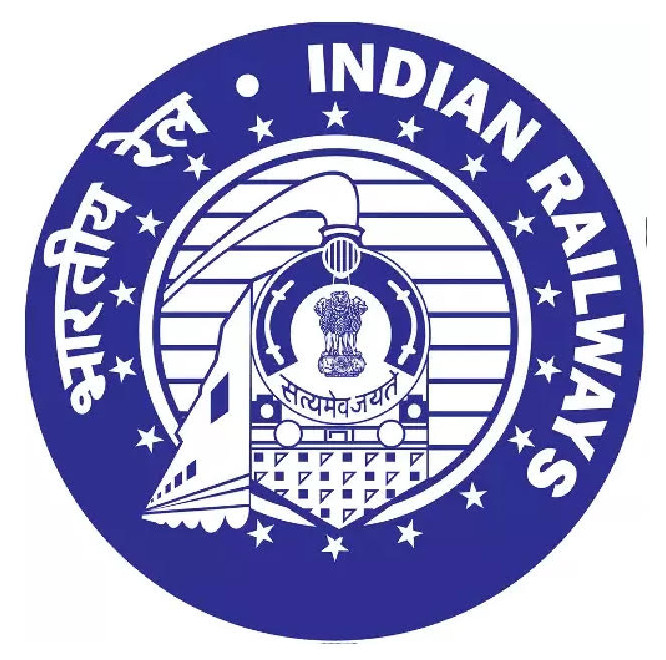
Dr. Pachauri belongs to the 1958 Batch of Special Class Railway Apprentices, a prestigious program which heralded the beginning of mechanical engineering education in India. He began his career as a Mechanical Engineer in the mid-1960s with the Indian Railways at the Diesel Locomotive Works in Varanasi and has worked in various capacities, playing a key role in its expansion.

Dr. Pachauri began his journey with TERI when it was a small documentation center in Mumbai during the early 80s, with support from Mr. Darbari S. Seth, the Chairman of TATA Chemicals. A financial grant of 1.5 crores was given to start dissemination of research projects in the domain of renewable energy, sustainable energy and biotechnological applications. Parallelly, after this a small lab-based research facility was opened in Andhra Pradesh focusing on Biomass technology applications.

Dr. Pachauri’s involvement with the Intergovernmental Panel on Climate Change (IPCC), the world's authority on climate science, had begun in 1991 when he was a lead author for the Second Assessment Report, which laid much of the foundation for the Kyoto Protocol of 1997. He had been influential in IPCC ever since and by the time of the third report he was one of the vice chairmen of the panel and the chairman of Ad Hoc group on the IPCC communication strategy.
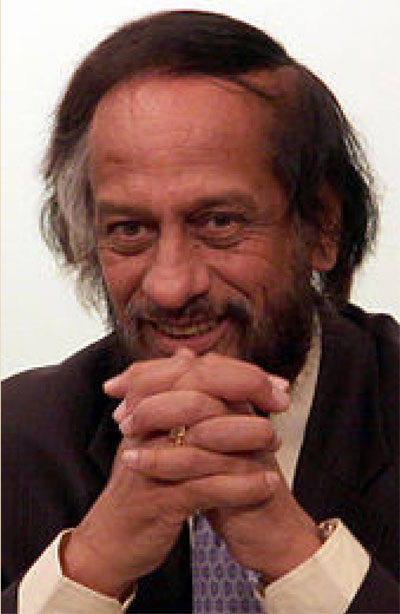

Dr. Pachauri believed that dealing with climate change requires people-based actions, driven by knowledge about the problem and its solutions, and this belief served as the foundation for the POP (Protect Our Planet) Movement that he founded on April 22, 2016. The not-for-profit organization attempts to mobilize and mentor young people around the world, inspire them with knowledge to implement actions in their schools, colleges, communities and homes.

The World Sustainable Development Forum (WSDF) is a global initiative to promote and mobilize global action for effective implementation of both the Paris Agreement on climate change and the Sustainable Development Goals (SDGs) adopted by the UN General Assembly. WSDF’s relevance and role lies in acting as a facilitator for helping with implementation of actions required under these two sets of agreements.
Remembering Dr. Pachauri
Dr. Rajendra Kumar Pachauri (born 20 August 1940), who has been a leading voice on climate change and environment, passed away peacefully in New Delhi at his residence on the evening of 13th February 2020. The former head of the Intergovernmental Panel on Climate Change (IPCC) and The Energy and Resources Institute (TERI) recently underwent a major cardiac surgery. Before his health deteriorated, he was directing efforts towards two organizations which he recently founded Protect Our Planet Movement and the World Sustainable Development Forum.
